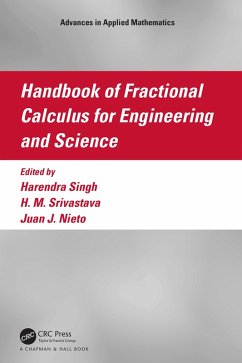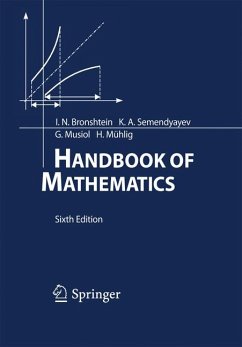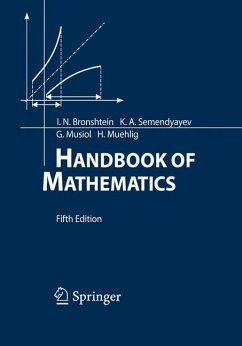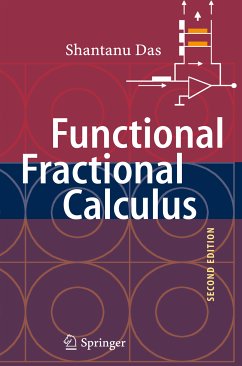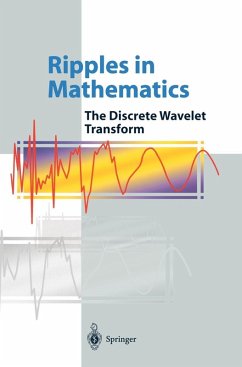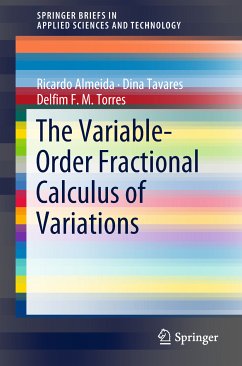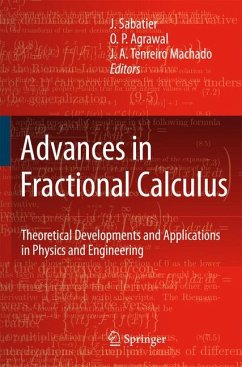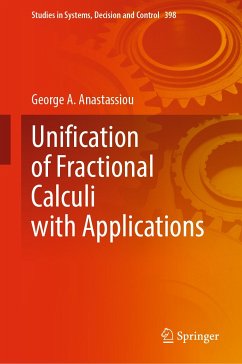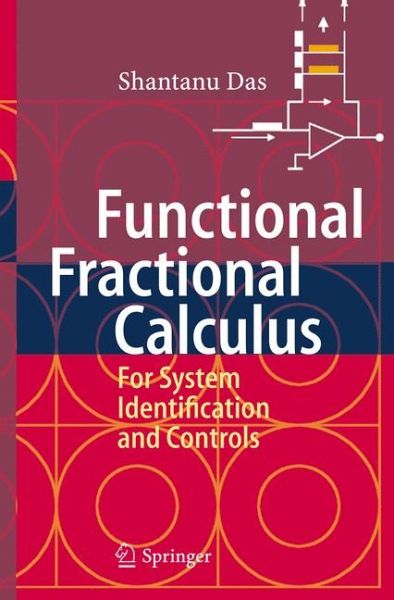
Functional Fractional Calculus for System Identification and Controls (eBook, PDF)
Versandkostenfrei!
Sofort per Download lieferbar
88,95 €
inkl. MwSt.
Weitere Ausgaben:

PAYBACK Punkte
44 °P sammeln!
This work is inspired by thought to have an overall fuel-ef?cient nuclear plant control system. I picked up the topic in 2002 while deriving the reactor control laws, which aimed at fuel ef?ciency. Controlling the nuclear reactor close to its natural behavior by concept of exponent shape governor, ratio control and use of logarithmic logic, aims at the fuel ef?ciency. The power-maneuvering trajectory is obtained by shaped-normalized-period function, and this de?nes the road map on which the reactor should be governed. The experience of this concept governing the Atomic Power Plant of Tarapur A...
This work is inspired by thought to have an overall fuel-ef?cient nuclear plant control system. I picked up the topic in 2002 while deriving the reactor control laws, which aimed at fuel ef?ciency. Controlling the nuclear reactor close to its natural behavior by concept of exponent shape governor, ratio control and use of logarithmic logic, aims at the fuel ef?ciency. The power-maneuvering trajectory is obtained by shaped-normalized-period function, and this de?nes the road map on which the reactor should be governed. The experience of this concept governing the Atomic Power Plant of Tarapur Atomic Power Station gives lesser overall gains compared to the older plants, where conventional proportional integral and deri- tive type (PID) scheme is employed. Therefore, this motivation led to design the scheme for control system than the conventional schemes to aim at overall plant ef?ciency. Thus, I felt the need to look beyondPID and obtained the answer in fr- tional order control system, requiring fractional calculus (a 300-year-old subject). This work is taken from a large number of studies on fractional calculus and here it is aimed at giving an application-orientedtreatment, to understandthis beautiful old new subject. The contribution in having fractional divergence concept to describe neutron ?ux pro?le in nuclear reactors and to make ef?cient controllers based on fractional calculus is a minor contribution in this vast (hidden) area of science.
Dieser Download kann aus rechtlichen Gründen nur mit Rechnungsadresse in A, B, BG, CY, CZ, D, DK, EW, E, FIN, F, GR, HR, H, IRL, I, LT, L, LR, M, NL, PL, P, R, S, SLO, SK ausgeliefert werden.



